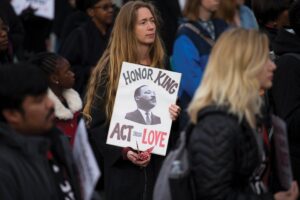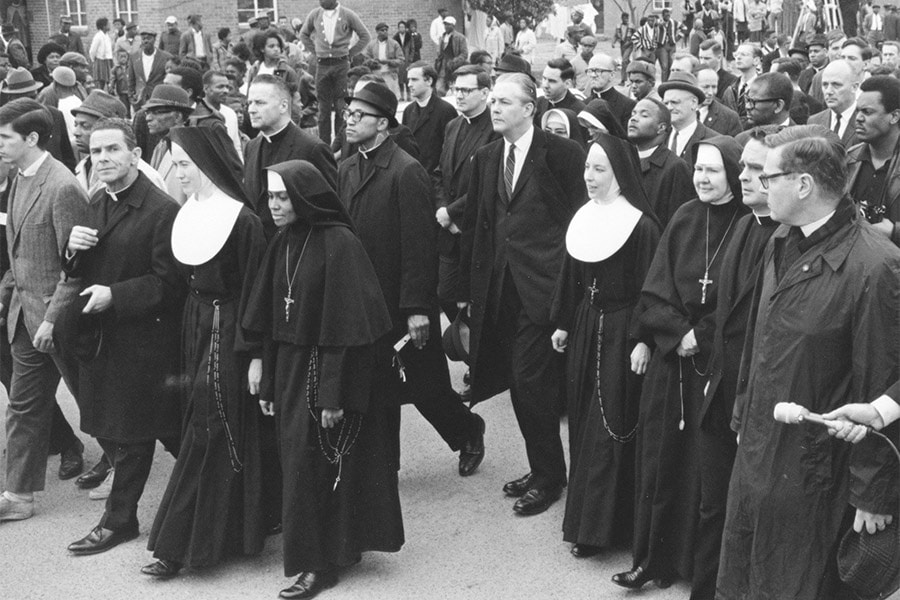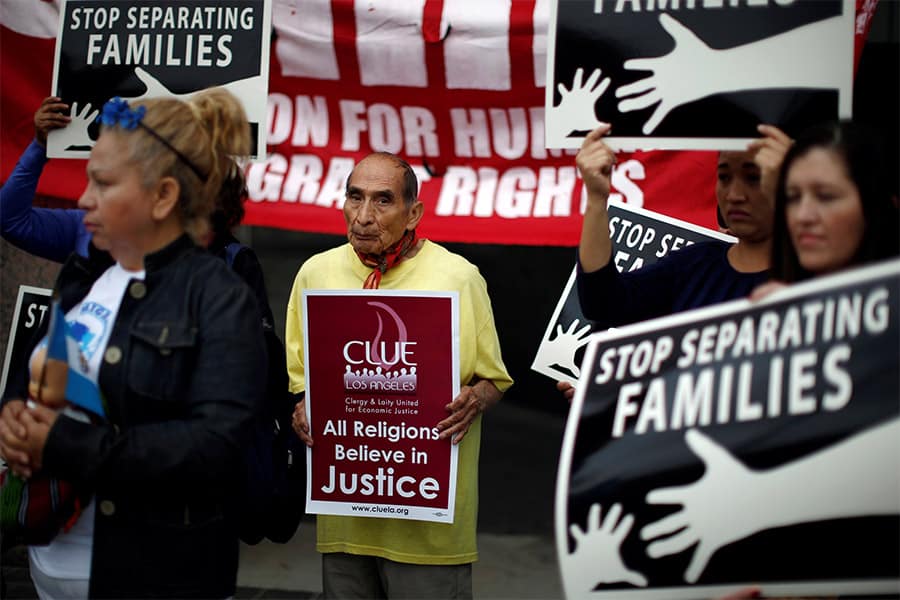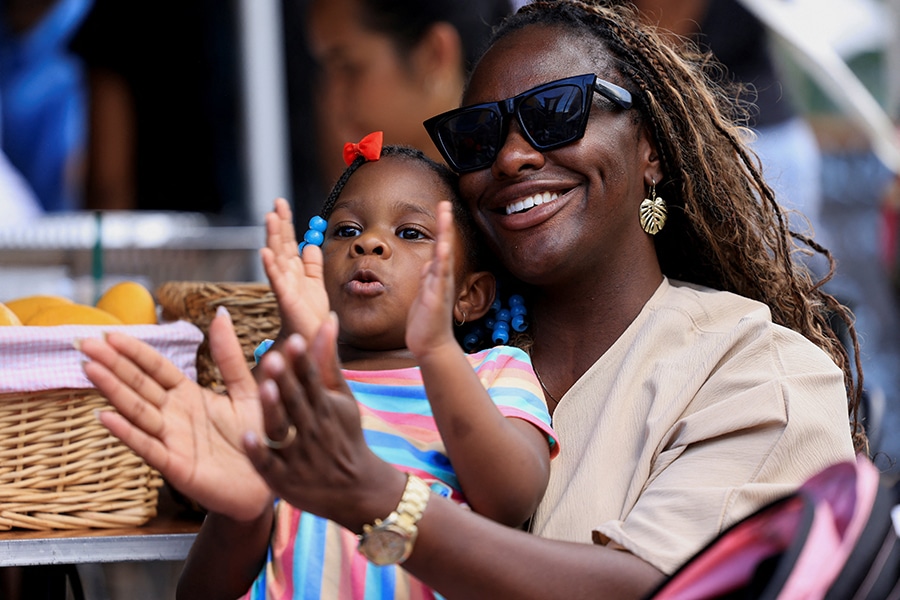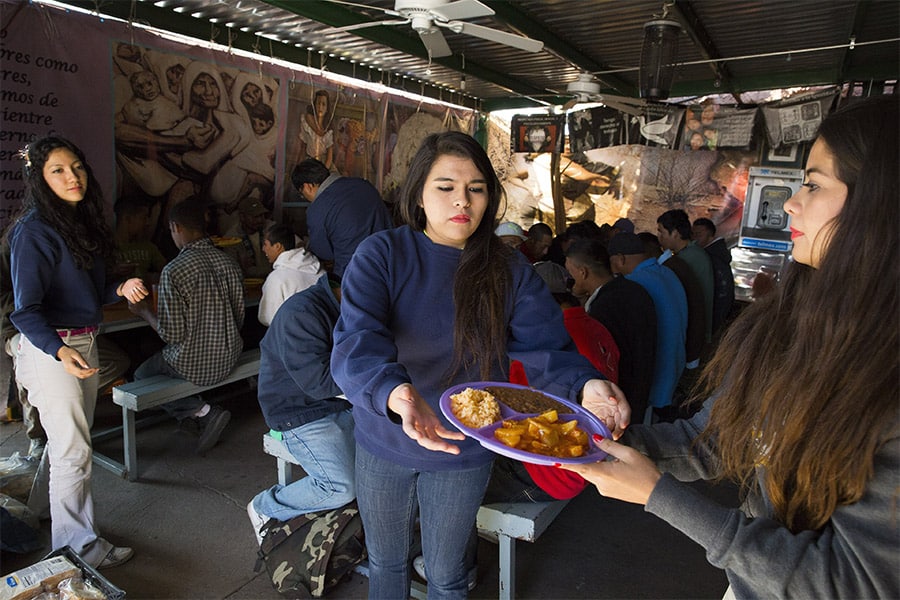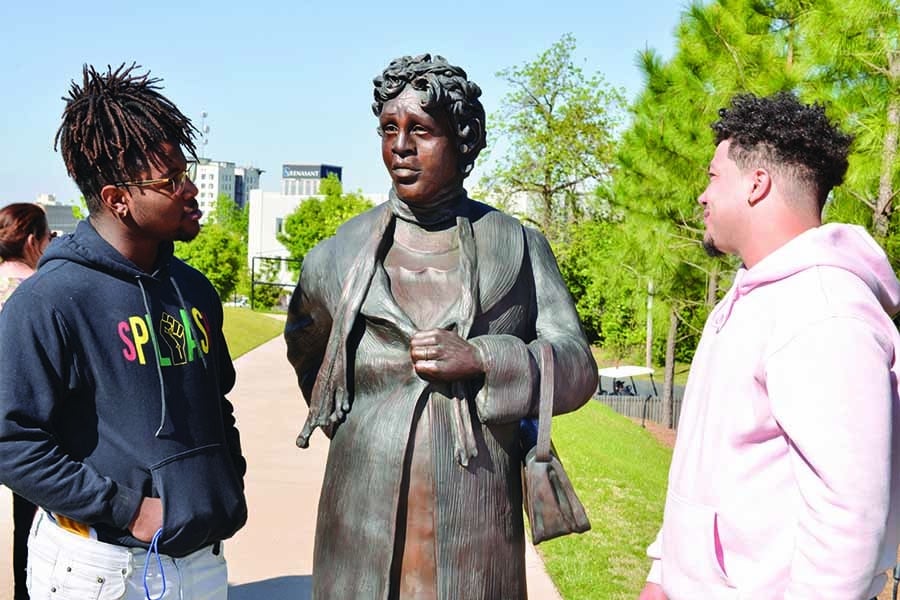
As I write these words, our nation is celebrating the birthday of the Rev. Dr. Martin Luther King Jr. As a faith community, we marked his birthday in various ways: by special petitions in the Prayer of the Faithful at Mass; by homilies and talks; and by marches and processions. These are fitting ways to keep the Rev. King’s legacy alive.
Let us not confine his legacy to a single day. If we would truly honor the Rev. King, we must commit ourselves to the principles of nonviolence he taught and for which he died. As citizens and believers, we must confront with truth and love the rising tide of division, anger, and violence in our country. In Dr. King’s own words, “Hate begets hate, violence begets violence, toughness begets a greater toughness.” Penned well over a half-century ago, his words are a prophetic description of what is taking place today.
Dr. King taught us that “we must meet the forces of hate with the power of love.” Here he echoes Jesus’ teaching: “Love your enemies, pray for your persecutors” (Mt 5:44). Elsewhere Jesus taught: “Love your enemies; do good to those who hate you” (Lk 6:27). Similarly, St. John Paul II exhorted us “to conquer evil with the power of good” and Pope Francis has challenged us to be witnesses to Christ “who turn evil into good.” In the Our Father, we ask God to forgive us “as we forgive those who trespass against us.”
These words are beautiful but difficult to practice. When we are attacked, verbally or physically, we instinctively fight back. When we are wronged, we find it hard to forget. Naturally, we fear that if we live by these words, our enemies and competitors will trample us underfoot. All the more reason to pray for courage and strength.
During his lifetime, Dr. King was told that his teaching on nonviolence was impractical. How could peaceful, nonviolent protests overcome brutal and engrained racism? How could a nonviolent movement capture the attention of political leaders? Dr. King answered, “World peace through nonviolent means is neither absurd nor unattainable. All other methods have failed. Thus, we must begin anew. Nonviolence is a good place to start.”
Dr. King’s nonviolent methods did not signal a lack of conviction or determination. He infused nonviolence with well-founded convictions about the dignity of the human person, natural law and racial justice. He also infused it with personal courage and perseverance. His goal was not to humiliate or vanquish but to persuade by word and deed. He sought honest dialogue wherever possible and was not deterred when his efforts were rebuffed – even with violence.
We may be tempted to think that Dr. King’s message of peace has been lost only on violent protestors, whatever their politics or ideologies. Yet even those who have never participated in a protest can also lose sight of his nonviolent message by engaging in partisan bickering, by harboring angry thoughts or by choosing words that wound no less than swords. How easily we can commit violence in our hearts (cf. Mt 5:21). The approaching season of Lent is a good time to examine our conscience, and to ask ourselves whether we have contributed to or participated in the anger and division all around us.
St. Pope Paul VI taught us that if we want peace, we must work for justice. But let us also “do the truth in charity” (Eph 4:15). In the words of the old hymn, “Let there be peace on earth and let it begin with me.”
Read Archbishop Lori’s pastoral reflection on Rev. Dr. Martin Luther King Jr. at www.archbalt.org/kingpastoral
Also see
Copyright © 2021 Catholic Review Media
